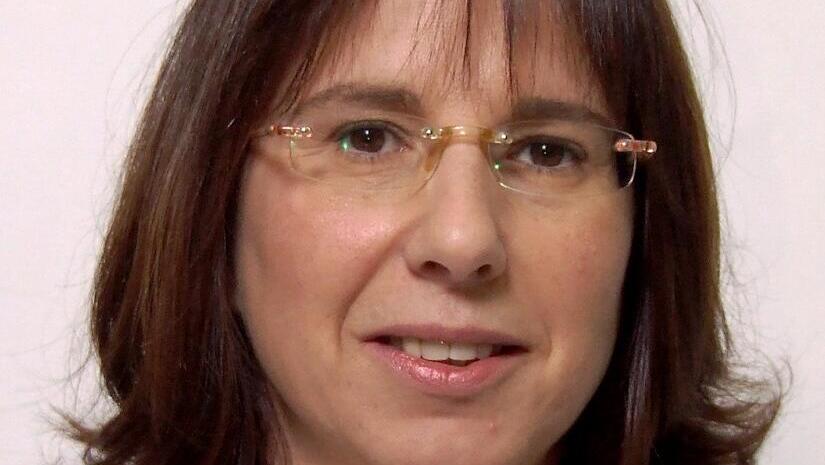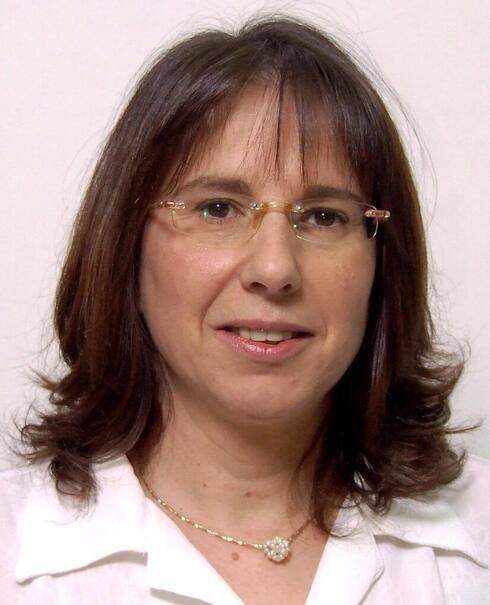
BioGenCell raises $16 million Seed round led by Marius Nacht for microvascular diseases treatment
The Israeli startup uses stem cells from the patient’s own blood to treat microvascular diseases and is aiming to develop products that may be usable to restore tissues damaged by diabetes, kidney failure, pulmonary hypertension, heart failure, stroke, blindness, and more
Israeli biotechnology company BioGenCell has completed a $16 million Seed round led by private investor Marius Nacht. BioGenCell, which was founded by Dr. Yael Porat and Prof. Michael Belkin, develops technology for using stem cells from the patient’s own blood to treat microvascular diseases.
BioGenCell is located at and has a strategic partnership with Laniado Hospital in Netanya. The current product is intended for the treatment of chronic limb-threatening ischemia (CLI) typically found in patients with diabetes and heavy smokers. It is a serious and painful disease caused by severe blockage of blood flow in the small blood vessels, leading to constant pain, chronic inflammation of the area, sores, and loss of limbs. The implications of the disease are tragic. Data show that within one year of diagnosis, 30% of patients with the disease are candidates for amputation, and there is a 20% morbidity rate. In the U.S. alone, close to 80,000 non-traumatic leg amputations are performed each year.
The process for producing the drug is personal, but uniform. It begins with collection of a standard unit of blood from the patient themselves, which can be done at any clinic, with no need for pre-treatment, anesthesia or hospitalization. The rapid production process of the patented drug takes approximately 24 hours, is biologically efficient, and employs a proprietary unified algorithm to create personalized medicine.
As part of the treatment, the processed stem cells that were taken from the patient are injected into the leg muscle. Those cells promote the production of new blood vessels that bypass the damaged blood vessels and, by doing so, renew the delivery of blood to the leg, reduce the local inflammatory process, and clean the damage from the inflammation.
The product resulting from BioGenCell’s patented process, contains cells that promote production of blood vessels, multipurpose stem cells that can function according to the tissue needs, and immune helper cells that support tolerance and regeneration of blood vessels.
The cell injection treatment is performed once and includes 30 injections into the leg muscle. It can be performed in any standard treatment room. According to the results from the first patients, even after numerous years with the disease, the injected cells have a long-lasting therapeutic effect. The improvement can be seen after one month and continues to improve over the years.
Related articles:
Moreover, the future product line of the medical stem cells, based on the platform developed by BioGenCell, includes products that may be usable to restore tissues damaged by diabetes, kidney failure, pulmonary hypertension, heart failure, stroke, blindness, and more.
In its Phase I clinical trials, BioGenCell successfully treated five incurable patients who had previously tried all the other available treatments and were about to undergo amputation of the limb. The company later successfully treated another four, more serious cases under compassionate use setting. The cell therapy was found safe and although every patient starts with different conditions, all the patients improved in at least three parameters, including prevention of amputation, improved blood flow, healing of chronic sores, and ability to walk, as well as in subjective parameters such as less pain (enabling weaning off narcotics) and improved quality of patient lives.
BioGenCell recently received FDA approval permission to continue to Phase II trial designed as a controlled double-blind trial in otherwise incurable patients.
